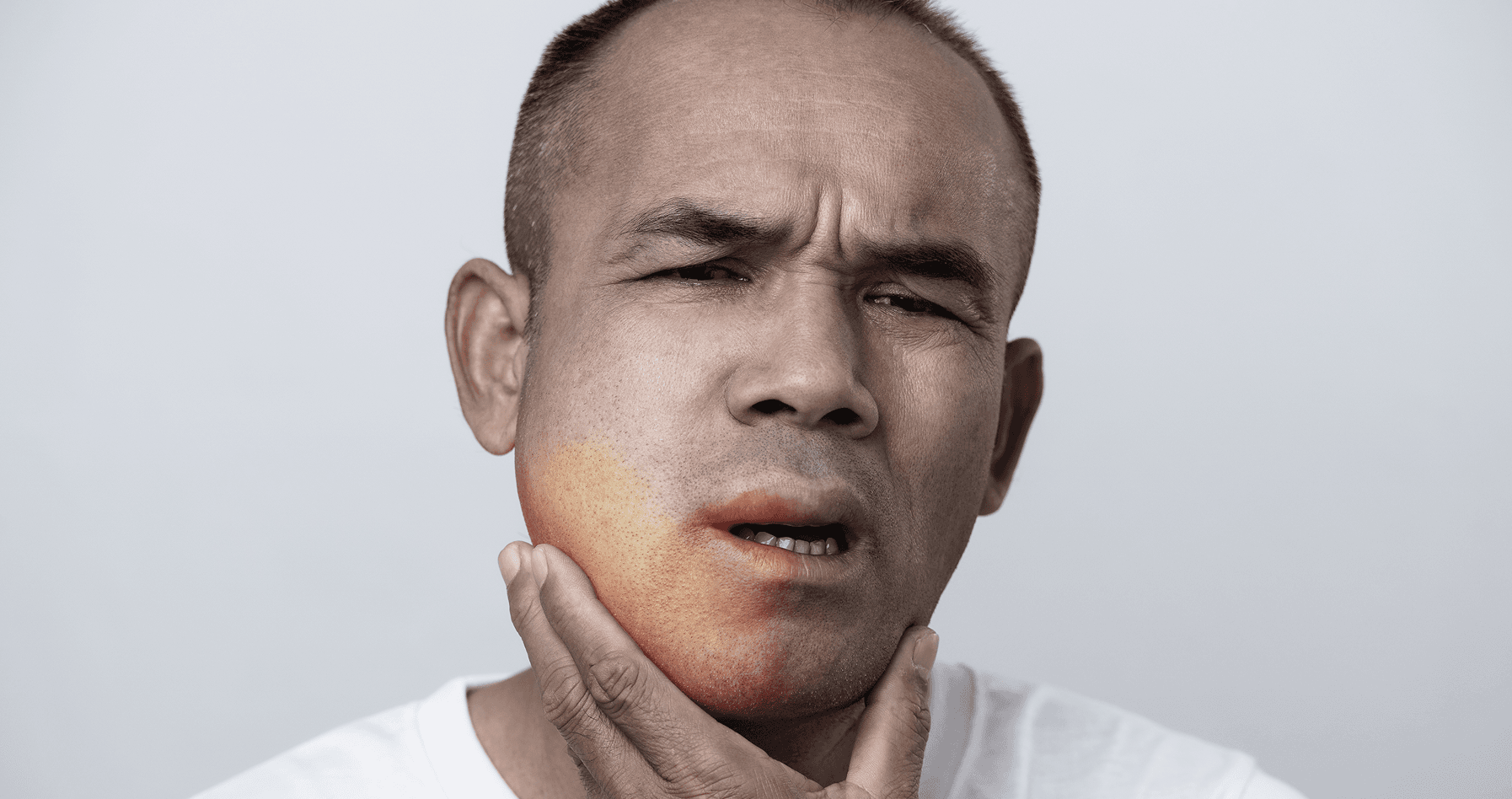
Effectiveness of heartfulness meditation in the management of recurrent aphthous ulcers
This study highlight the potential of Heartfulness Meditation as a non-pharmacological, complementary therapy for RAUs, a common and painful oral condition.
Main Goal and Fundamental Concept:
The primary objective of this study is to evaluate the effectiveness of Heartfulness meditation as a complementary approach in managing recurrent aphthous ulcers (RAUs). The core idea is to assess whether incorporating Heartfulness meditation can reduce the frequency, duration, and severity of RAUs, potentially offering a non-pharmacological adjunct to conventional treatments.
Technical Approach:
The researchers conducted a clinical study involving participants diagnosed with recurrent aphthous ulcers. Participants were divided into two groups: one receiving standard treatment and the other receiving standard treatment supplemented with Heartfulness meditation practices. The meditation regimen included daily sessions focusing on relaxation and inner calmness. Data on ulcer frequency, duration, and pain intensity were collected over a specified period to compare outcomes between the two groups.
Distinctive Features:
This study stands out by exploring the integration of a specific form of meditation—Heartfulness—into the management of a common oral mucosal condition. Unlike other studies that focus solely on pharmacological interventions, this research investigates the potential psychosomatic benefits of meditation, highlighting the mind-body connection in disease management.
Experimental Setup and Results:
Participants were monitored over a defined period, with regular assessments of ulcer occurrence, healing time, and pain levels. The group practicing Heartfulness meditation showed a statistically significant reduction in the frequency and duration of ulcers compared to the control group. Additionally, participants reported decreased pain intensity, suggesting enhanced quality of life and symptom management.
Advantages and Limitations:
Advantages:
- Introduces a non-invasive, cost-effective adjunct therapy for RAUs.
- Emphasizes holistic patient care by addressing psychological well-being.
- Potentially reduces reliance on medications, minimizing side effects.
Limitations:
- The sample size may be limited, affecting the generalizability of results.
- Self-reported measures could introduce bias.
- The study's duration may not capture long-term effects of the intervention.
Conclusion:
The study concludes that incorporating Heartfulness meditation into the treatment regimen for recurrent aphthous ulcers can effectively reduce their frequency, duration, and associated pain. This integrative approach underscores the significance of addressing psychological factors in managing physical health conditions. However, further research with larger sample sizes and extended follow-up periods is recommended to validate these findings and establish long-term benefits.